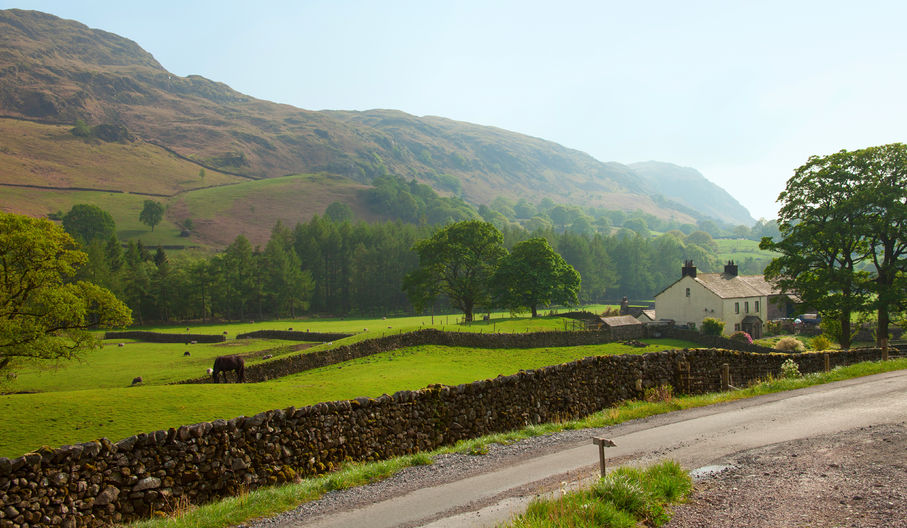
Local authorities must step up and allow traditional farm buildings to be sympathetically adapted for other uses or important rural heritage will be lost, according to a rural organisation.
Changes in agricultural practices and animal welfare regulations mean most traditional farm buildings have become redundant and a financial burden for owners.
However, new guidance on their reuse, maintenance and repair from Historic England published this week aims to help conserve the buildings through sustainable development.
The CLA which represents landowners, farmers and rural businesses welcomed the guidance, but it said the onus was now on local authorities to ensure planning departments actively allow for alterations and reuse or risk losing important heritage buildings.
CLA President Ross Murray said: “These buildings are costly to maintain so in order to sustain them we must encourage new uses to make them relevant, valued and viable in the future.
“However, advice from Historic England alone will not solve the problem. This guidance could be the beginning of a new lease of life for these redundant buildings, but it is essential that local authorities rise to the challenge and work with property owners to prevent our heritage from disappearing.
“The time has come to use it or lose it. Traditional farm buildings are a vital part of the rural landscape but they must be conserved to prevent them from crumbling and being lost for future generations.”
'Abandoned'
Derelict houses on farmland can be at risk of being considered as 'abandoned' which can lead to the legal loss of use as a residential dwelling, according to rural property specialists.
According to Cheffins, 'abandoned' properties can therefore be rendered with having minimal, if any value.
With a lack of housing and stringent planning constraints, as well as thousands of derelict properties across the UK, farmers and landowners have been urged to be aware of properties being considered as abandoned if they intend to eventually reuse them.
Ian Smith, Director in Cheffins’ Planning and Development team comments: “It is not uncommon to find cottages or small dwellings on farms and estates which have been left derelict to be viewed as ‘abandoned’, which can be critical to the future use of such properties.
“Owners may have long-held objectives to return these properties to beneficial use but may not have done so for a long period for various reasons – ownership complications, available finance, or simply there being other farm or estate priorities.”
